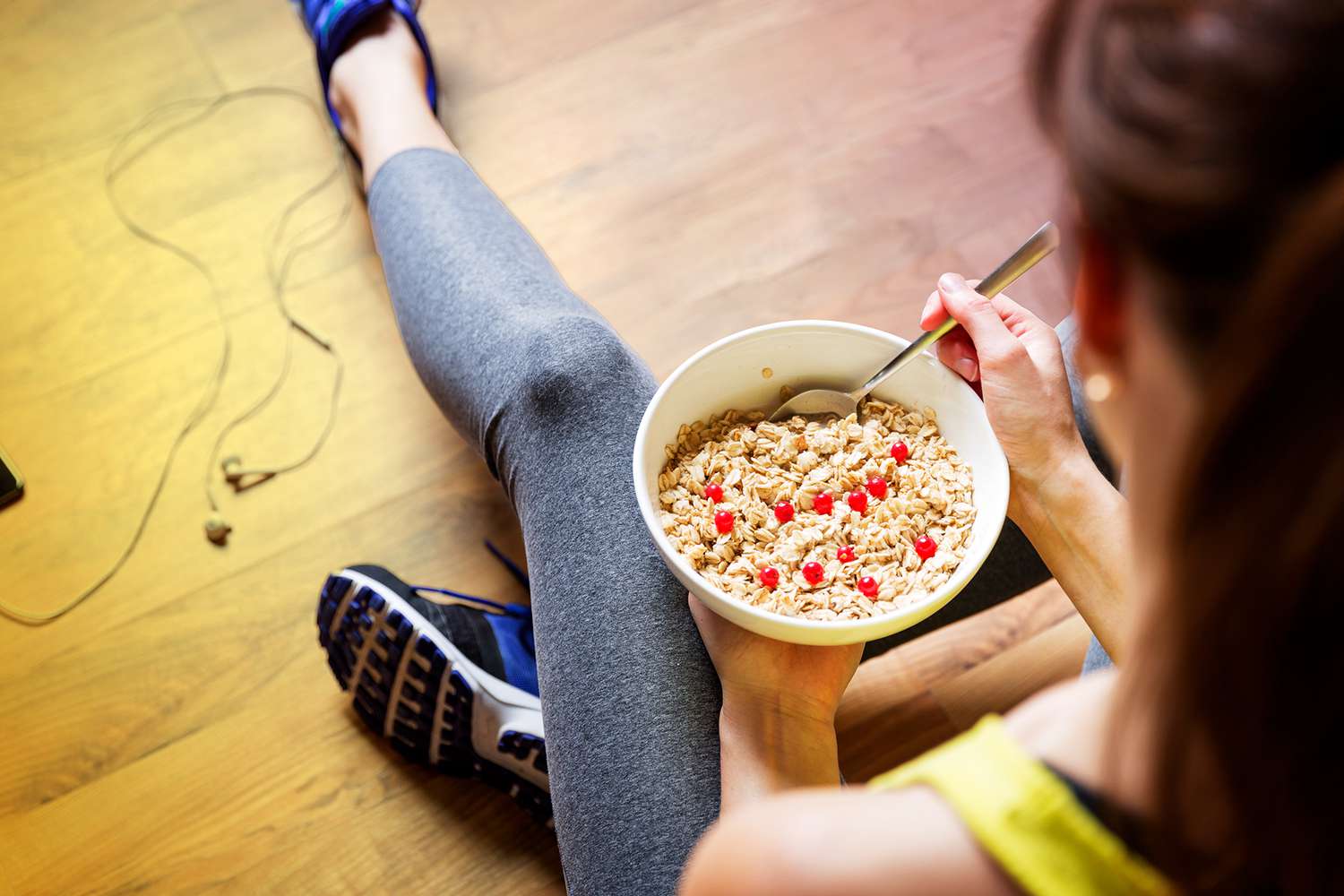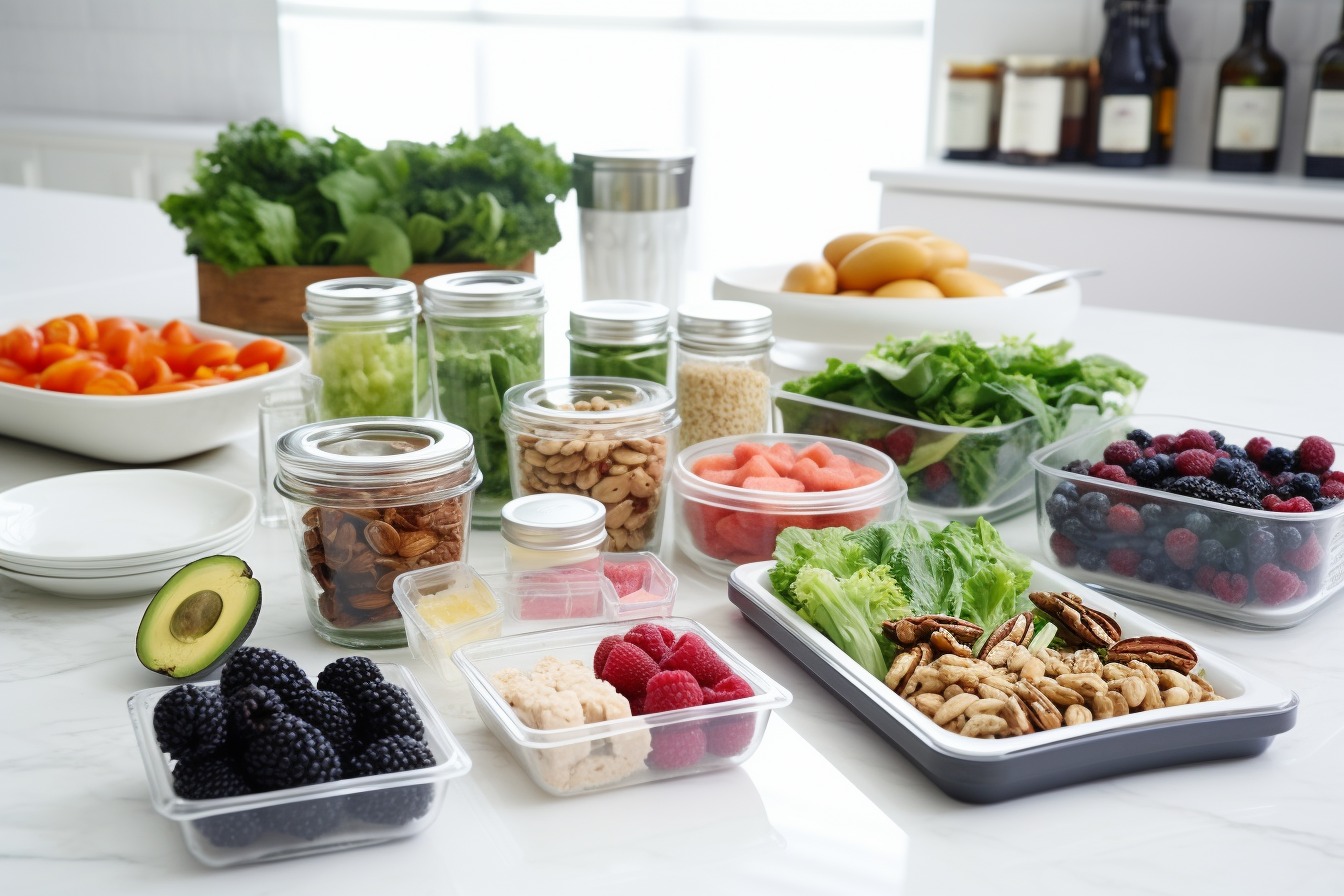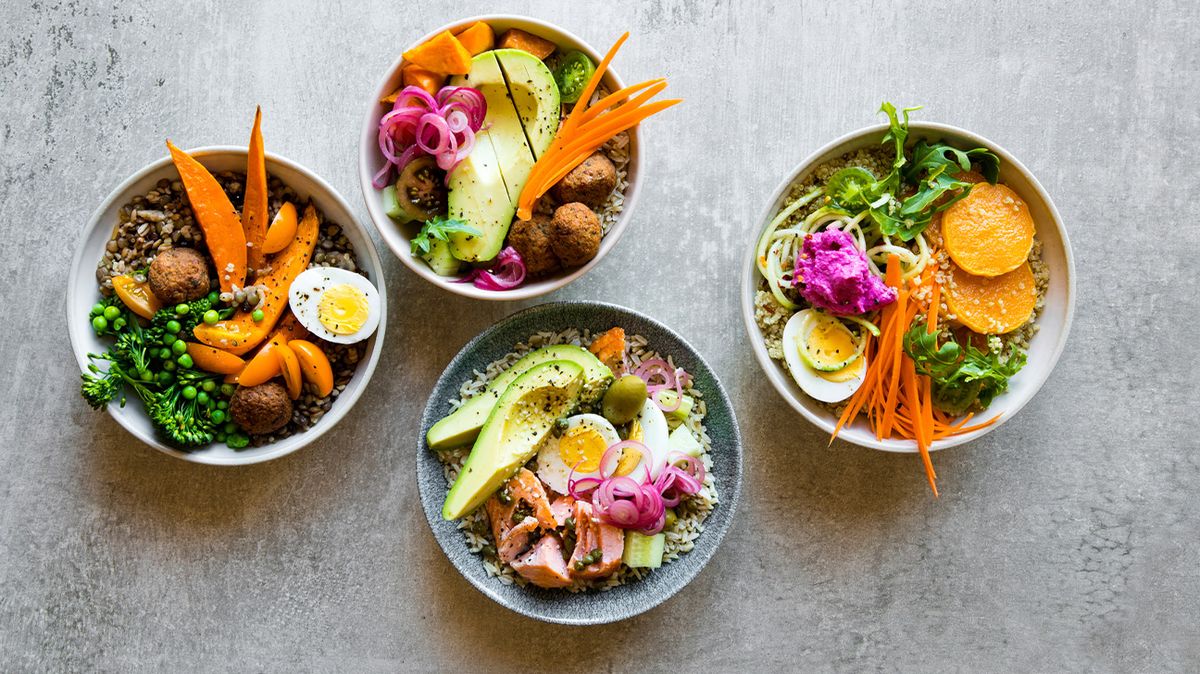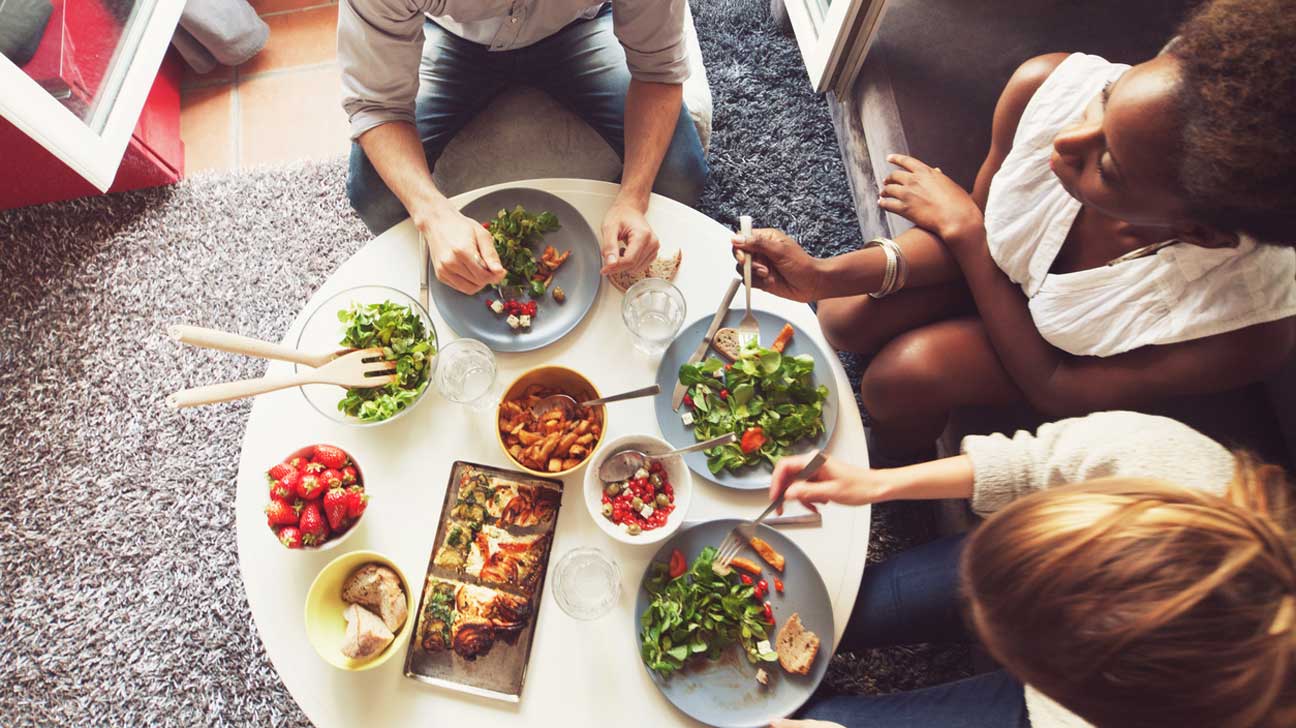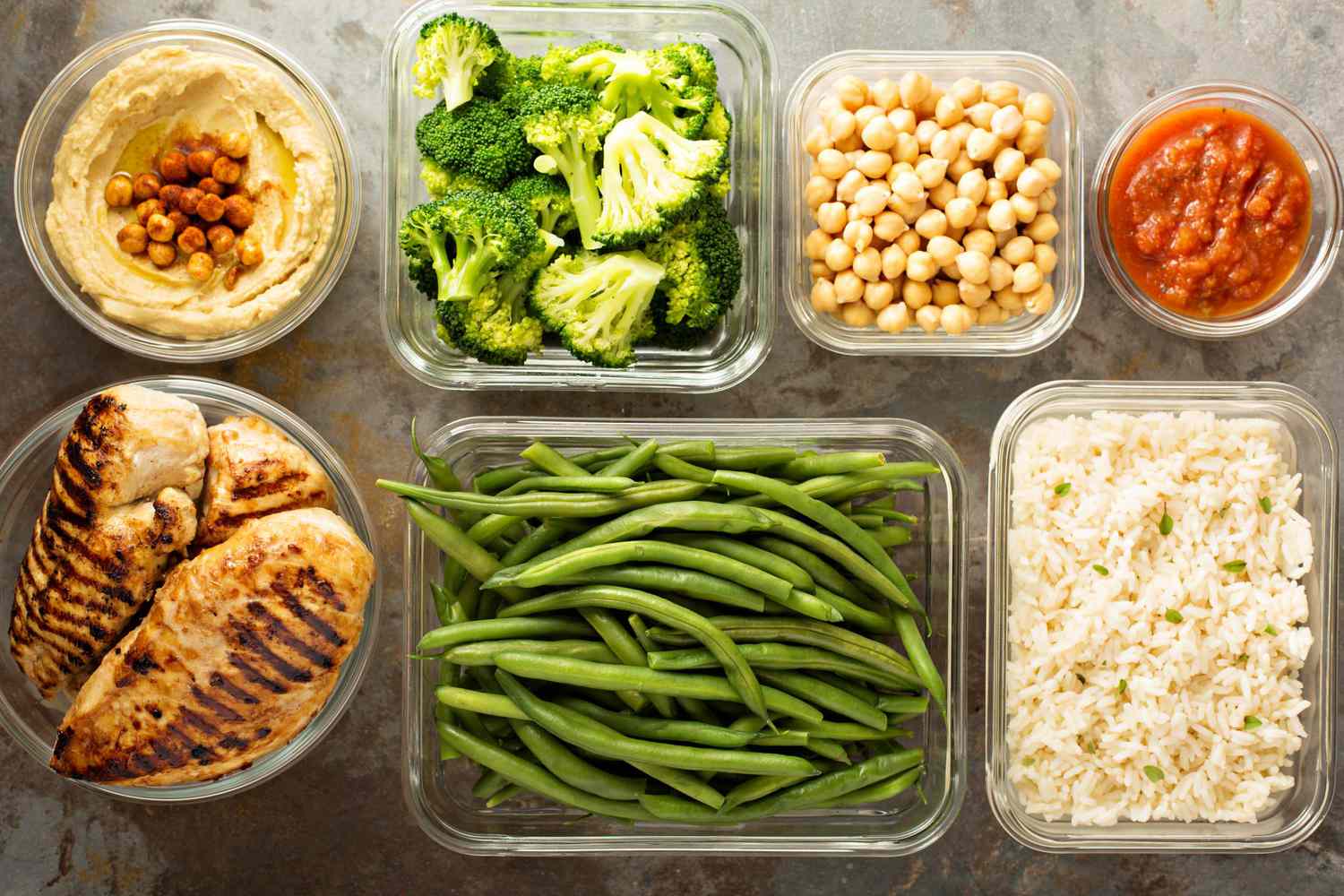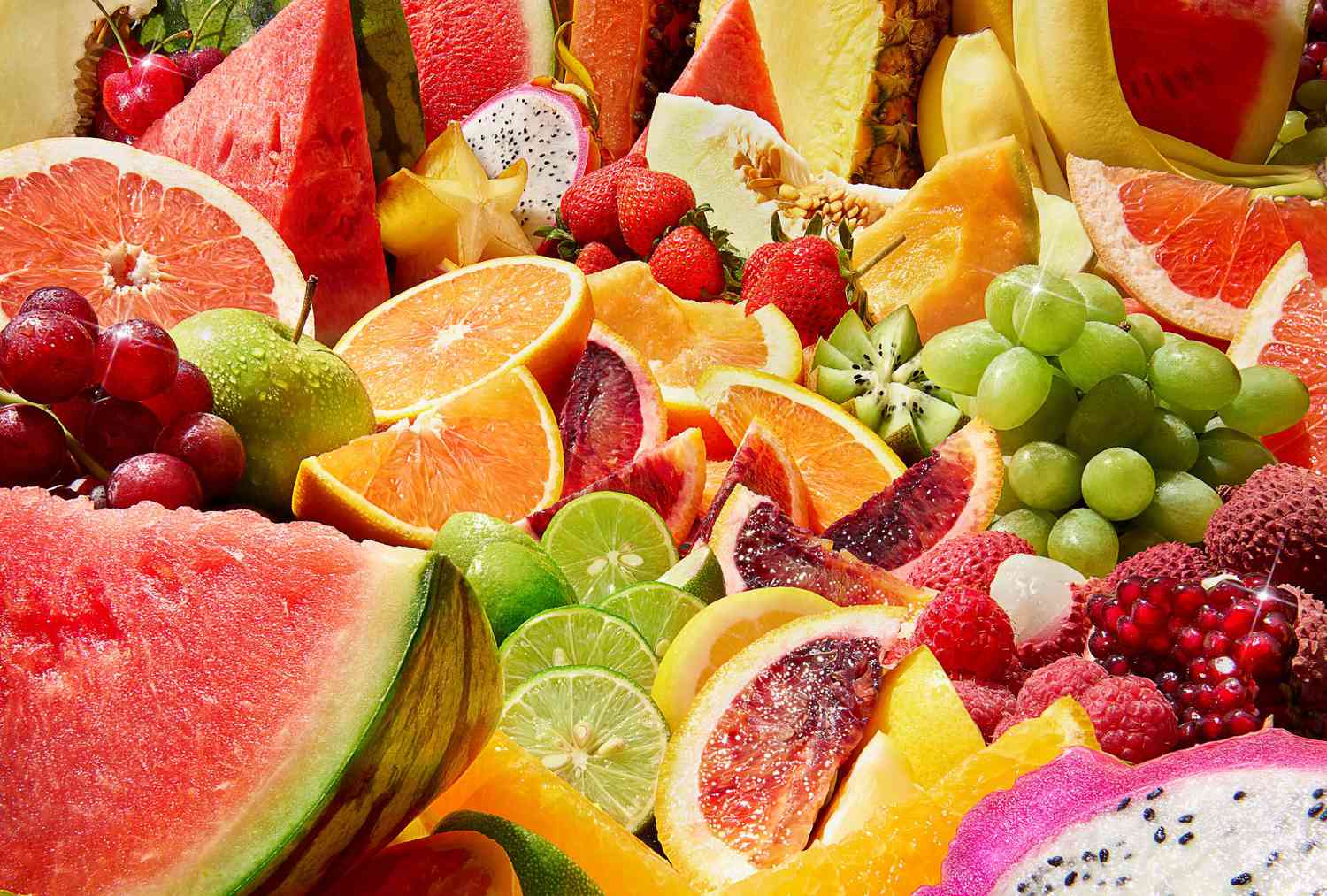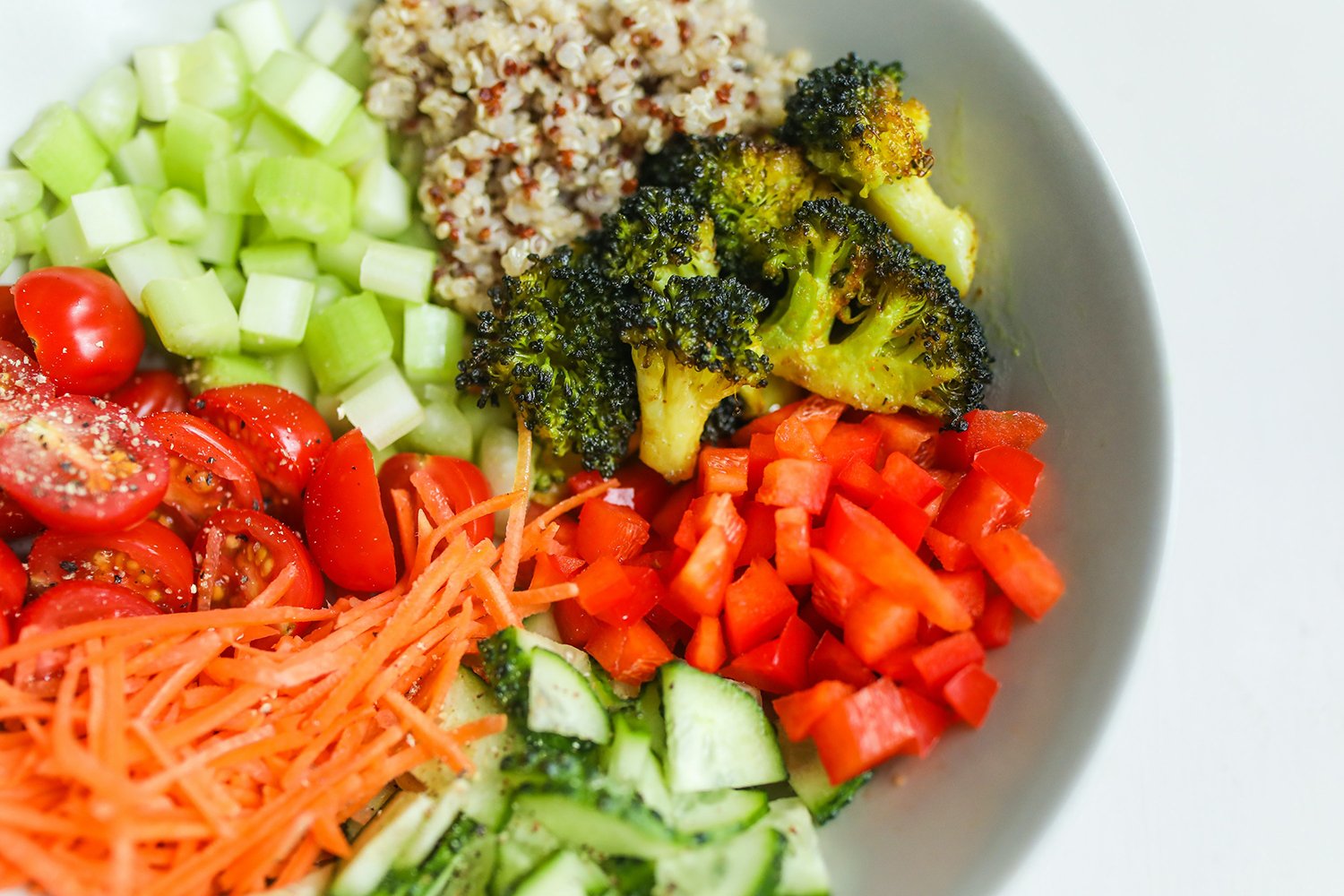Losing weight is a common goal for many people, and one of the most important factors in achieving this goal is the way we eat. While there are countless diets and eating plans out there, it's essential to focus on eating the right way to support weight loss in a healthy and sustainable manner. Here are some tips on how to eat to lose weight effectively:
1. Prioritize Whole Foods
When it comes to losing weight, focusing on whole, minimally processed foods is key. These foods are typically rich in essential nutrients and fiber, which can help keep you feeling full and satisfied. Incorporate plenty of fruits, vegetables, lean proteins, and whole grains into your meals to support your weight loss journey.
2. Mindful Eating
Practicing mindful eating can be a powerful tool for weight loss. By paying attention to your body’s hunger and fullness cues, you can avoid overeating and make more conscious food choices. Take the time to savor and enjoy your meals, and be mindful of portion sizes to support your weight loss goals.
3. Stay Hydrated
Drinking an adequate amount of water is essential for overall health and can also support weight loss. Sometimes, feelings of hunger can actually be a sign of dehydration. Aim to drink plenty of water throughout the day to stay hydrated and support your body’s natural processes.
4. Limit Processed Foods and Added Sugars
Processed foods and those high in added sugars can contribute to weight gain and make it more challenging to lose weight. Be mindful of your intake of sugary snacks, desserts, and processed foods, and opt for whole food alternatives whenever possible. This can help reduce overall calorie intake and support your weight loss efforts.
5. Practice Portion Control
Controlling portion sizes is an important aspect of eating for weight loss. Even healthy foods can contribute to weight gain if consumed in large quantities. Be mindful of portion sizes, and consider using smaller plates and bowls to help manage your portions effectively.
6. Include Protein in Every Meal
Protein is known for its ability to support feelings of fullness and can help regulate appetite. Including a source of protein in each meal can help you feel satisfied and can support your weight loss efforts. Lean meats, fish, eggs, dairy products, legumes, and tofu are all excellent sources of protein.
7. Plan and Prepare Meals Ahead of Time
Planning and preparing meals ahead of time can help you make healthier choices and avoid reaching for convenient, but less nutritious options. Set aside time to plan your meals for the week, and consider prepping ingredients in advance to make healthy eating more convenient and accessible.
8. Be Mindful of Emotional Eating
Many people turn to food for comfort or as a way to cope with emotions, which can hinder weight loss efforts. Practice being mindful of emotional eating triggers and find alternative ways to manage stress and emotions, such as exercise, meditation, or talking to a friend or therapist.
9. Get Adequate Sleep
Quality sleep is essential for overall health and can also impact weight loss. Lack of sleep can disrupt hunger hormones and lead to increased cravings and overeating. Aim for 7-9 hours of quality sleep each night to support your weight loss goals.
10. Seek Professional Guidance if Needed
If you’re struggling to lose weight or have specific dietary needs, consider seeking guidance from a registered dietitian or nutritionist. These professionals can provide personalized recommendations and support to help you achieve your weight loss goals in a healthy and sustainable way.
In conclusion, eating to lose weight involves making mindful and nutritious food choices, prioritizing whole foods, and being mindful of portion sizes and emotional eating. By incorporating these tips into your lifestyle, you can support your weight loss journey and work towards achieving your goals in a healthy and sustainable manner.

